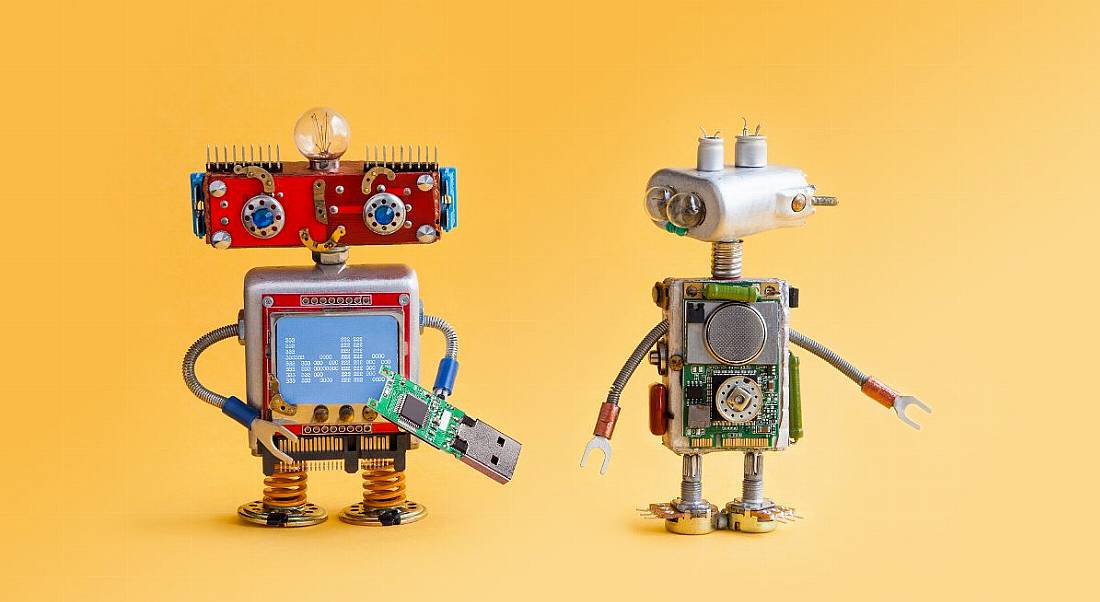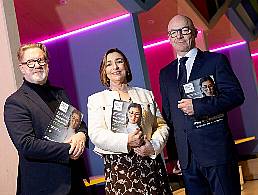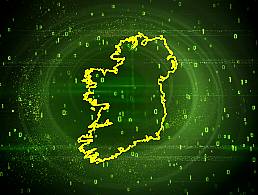AI is drastically changing all facets of how employees are hired, onboarded and managed. Here are just a few examples of it is changing recruitment.
AI is set to revolutionise the world of work, and recruitment is no exception. Almost 40pc of companies are already leveraging AI technology, according to research from Bersin by Deloitte. Yet how exactly are emerging technologies changing the recruitment process?
The rise of the search algorithm
Job postings in large organisations can attract an avalanche of applications, yet as few as 10pc of them may actually be relevant to the role advertised. It used to be that recruitment professionals had to sift through every single CV and try to quickly whittle down which are worth considering. This is probably why many in the field are forced to spend as little as six seconds looking at an application.
Algorithms have changed the game by simplifying the process. Technologies such as natural language processing can pick out key words and quickly extract the résumés that are actually worth looking at for HR professionals.
That doesn’t mean algorithms don’t bring their own issues, however. For the jobseeker, it could mean that your CV slips through the cracks if it isn’t algorithm-optimised. The type of language that suits a search algorithm won’t necessarily be the intuitive choice for the jobseeker either.
What’s more, algorithms are not all-knowing and perfect. As we’ve seen time and time again, algorithms are only as good as how they’re programmed. Executed incorrectly, an algorithm could end up doing more harm than good to a company’s HR process.
AI-assisted onboarding
As anyone working in HR will know, the work of bringing in a new recruit doesn’t end once the contract has been signed. The onboarding process is a protracted one that, thanks to AI, is now less time-consuming than it once was.
Technologies such as chatbots can be used to answer simple questions such as what public holidays you’re entitled to and where to direct IT queries. It has the simultaneous effect of both freeing up time for HR professionals to tackle more complex issues and helping employees resolve straightforward queries instantaneously.
Even long after an employee is settled into a role, AI-powered predictive analysis can help HR teams retain employees by anticipating if someone is gearing up to leave the company. The increased digitisation of our working lives creates unending streams of data, streams that AIs can trawl through and refine in order to produce actionable insights.
Learning opportunities for employees
If companies want to ensure their workforce is prepared for the future of work, they need to provide workers with ample learning opportunities. Believe it or not, AI can help with this, too.
Firms such as Axonify, for example, use AI to provide microlearning opportunities tailored to each employee’s job description. On a larger scale, AI-powered upskilling ventures can be personalised based on an individual’s career history, attention span, personality and more. This makes it much more likely that upskilling will not only be effective, but will be enthusiastically taken up by the employee.




